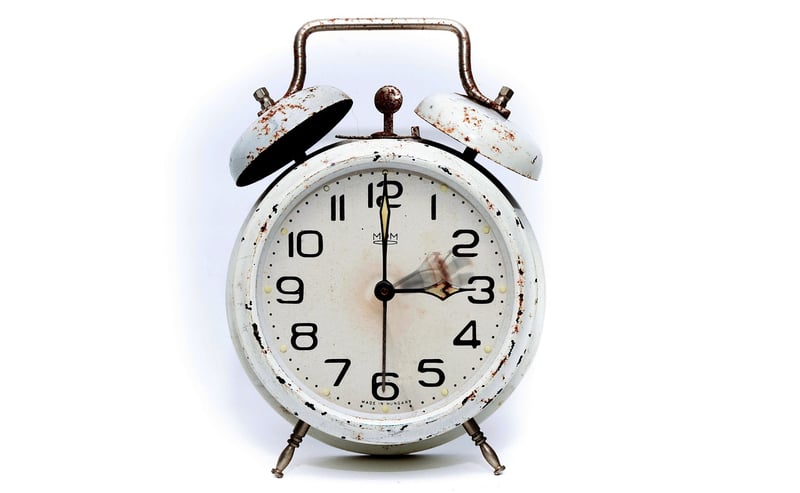Temporal Paradoxes
The Moral Implications of Temporal Paradoxes
Time travel has been a popular theme in science fiction for decades, capturing the imagination of many. However, the concept of temporal paradoxes raises significant moral questions that are worth exploring.
What is a Temporal Paradox?
A temporal paradox, also known as a time paradox, is a contradiction that occurs when an action in the past influences the future in a way that is impossible or inconsistent with the past. This can lead to a variety of paradoxes, such as the grandfather paradox or the bootstrap paradox.
The Grandfather Paradox
One of the most well-known temporal paradoxes is the grandfather paradox. It involves a time traveler going back in time and preventing their grandfather from meeting their grandmother, thus preventing the time traveler's own birth. This raises the question: if the time traveler was never born, how could they have gone back in time to prevent their own birth?
The Bootstrap Paradox
Another intriguing paradox is the bootstrap paradox, where an object or information is sent back in time and becomes trapped in an infinite cause-effect loop with no origin. This raises questions about the origin of the object or information and challenges our understanding of cause and effect.
Moral Dilemmas
Temporal paradoxes also give rise to significant moral dilemmas. For example, if a time traveler were to change a past event, what are the ethical implications of altering the course of history? Would it be justified to sacrifice the well-being of others for personal gain or to prevent a future catastrophe?
Conclusion
While temporal paradoxes may be a fascinating concept in science fiction, they also pose thought-provoking questions about the nature of time, causality, and morality. Exploring these paradoxes can lead us to reflect on our own actions and the potential consequences of altering the past. Perhaps, in contemplating these moral implications, we can gain a deeper understanding of our place in the universe.

For more information on temporal paradoxes and their moral implications, you can explore further here.
